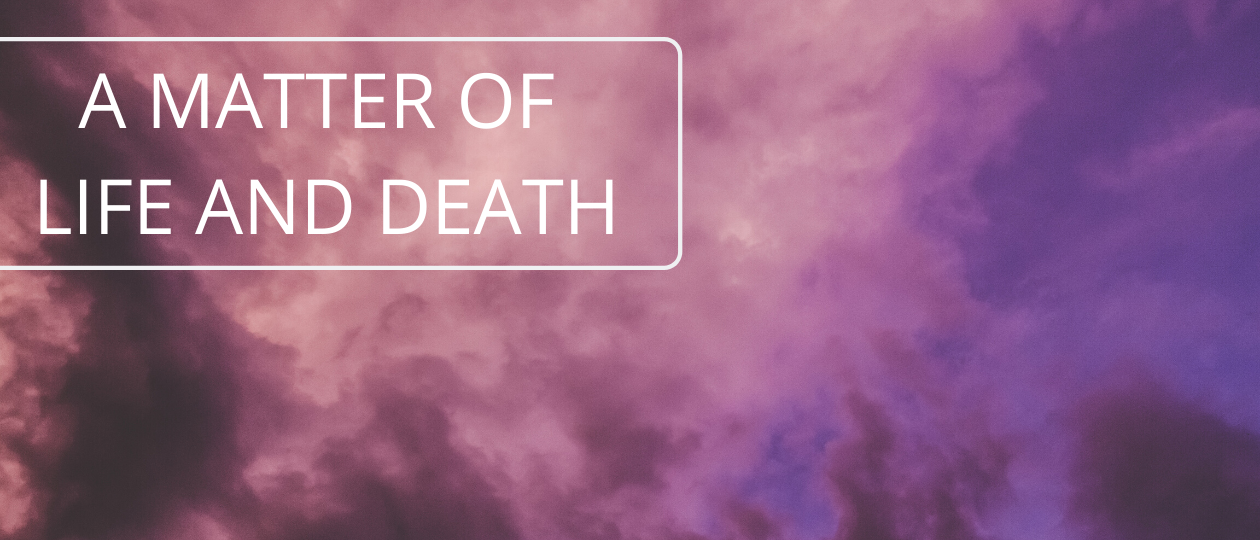A matter of life and death
There’s a trick I like to play on my audiences when I travel abroad from time to time. First, I ask anyone with cancer to please raise their hands for a moment. Then I do the same with heart disease. Then depression, diabetes, etc. At least a few people raise their hands each time, but here’s the twist. “Anyone who didn’t raise their hands for every single one of those is wrong,” I tell them. We all carry the genes for those and any number of other illnesses inside of us. The question is not whether we’ll “get” them, we have them already. The question is whether they will manifest.
I have a good friend who is a world-class medical doctor and geneticist, who once told me that the way the human body is put together, we should be living for about 120 to 130 years, and healthy the great majority of that time. Think about that for a moment. What would it mean to you if you could rely on keeping your health until you were well past a hundred years old? It would be amazing, wouldn’t it? But of course, that almost never happens. Sooner or later it seems that something does manifest, and we miss out on what could be as much as half or three-quarters of our potential healthy lifespan.
So why does that happen? Until the past few years, when a patient asked where most life-changing diseases came from, why they had gotten cancer when their brothers and sisters who grew up in the same way and ate the same foods were still healthy, the only answer the doctors could give was, “We don’t know.” But a few years ago that changed. Researchers at Southwestern University Medical School and Medical Center announced that they had found the true source of illness and disease—this was headline news across the country. That source, they said, was what they called “cellular memories.”
Essentially, they said, this simply means “memories.” We tend to think of our memories like a library, believing that each memory sits quietly on its shelf until we come looking for it. In reality, this new research says, they are not so well-behaved. Instead, they work like cell-towers, broadcasting their signals to our entire body 24 hours a day. According to Dr. Eric Nestler, MD, Ph.D., of Yale University and Mount Sinai Medical Center, “Your cellular memories can mean the difference between a healthy life and death. Cancer can be the result of bad cellular memories replacing good ones. Psychological trauma, addiction, and depression may all be caused by such abnormal memories inside cells.”
If someone were to point a gun at your head, it would cause a certain kind of reaction. It would bring your whole attention to that issue, and you would do whatever you could to get out of the danger. If you were told tomorrow that you had a serious illness, it would create a similar determination. But nobody thinks of their memories in this way.
I urge you to start. Recent research indicates that approximately 50 percent of our memories are in error, nearly all of them biased in favor of the negative, which creates more and more trauma where none should exist. Though these traumas may seem innocuous, in reality, they are as dangerous as a loaded gun, and the sooner you start treating them as such, the better off you’re likely to be. Trilogy tests 98 percent effective in reducing and eliminating physiological stress, and I can teach you how to use Trilogy completely free, right now. In my experience, you’ll almost certainly have to deal with this stuff eventually. The sooner you get started, the better.
Have a blessed, wonderful day!
Alex Loyd



